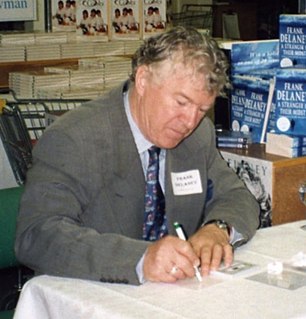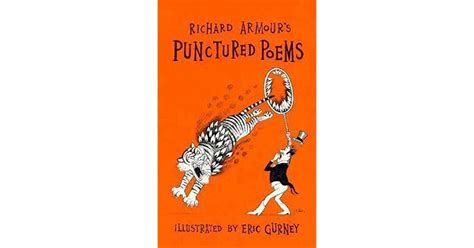A Quote by F. Scott Fitzgerald
Gatsby turned out all right at the end; it is what preyed on Gatsby, what foul dust floated in the wake of his dreams that temporarily closed out my interest in the abortive sorrows and short-winded elations of men.
Related Quotes
"Oh, you want too much!" she cried to Gatsby. "I love you now - isn't that enough? I can't help what's past." She began to sob helplessly. "I did love him once-but I loved you too."
Gatsby's eyes opened and closed.
"You loved me too?" he repeated.
"Even that's a lie," said Tom savagely. "She didn't know you were alive. Why - there're things between Daisy and me that you'll never know, things that neither of us can ever forget."
Personal identity seems like it's just such an American archetype, from Holly Golightly re-inventing herself in 'Breakfast At Tiffany's' to Jay Gatsby in 'The Great Gatsby.' It seems like the sort of archetypal American issue. If you're given the freedom to be anything, or be anyone, what do you do with it?
And, after boasting this way of my tolerance, I come to the admission that it has a limit. Conduct may be founded on the hard rock or the wet marshes, but after a certain point I don’t care what it’s founded on. When I came back from the East last autumn I felt that I wanted the world to be in uniform and at a sort of moral attention forever; I wanted no more riotous excursions with privileged glimpses into the human heart. Only Gatsby, the man who gives his name to this book, was exempt from my reaction—Gatsby, who represented everything for which I have an unaffected scorn.
I fantasised about F. Scott Fitzgerald's 'The Great Gatsby' - I loved it, and then I read everything J. D. Salinger had to offer. Then I was turned on to Kerouac, and his spontaneous prose, his stream of consciousness way of writing. I admired him so much, and I romanticised so much about the '40s and '50s.
At that instant he knew that all his doubts, even the impossibility of believing with his reason, of which he was aware in himself, did not in the least hinder his turning to God. All of that now floated out of his soul like dust. To whom was he to turn if not to Him in whose hands he felt himself, his soul, and his love?
In such novels as This Side of Paradise and The Great Gatsby, Fitzgerald depicts the spirit of the hour which is usually about 4 a.m. His suave young men, always commuting between Princeton and The Plaza in Stutz Bearcats never sat still for long. It was too uncomfortable, with a large flask in the hip pocket.


































